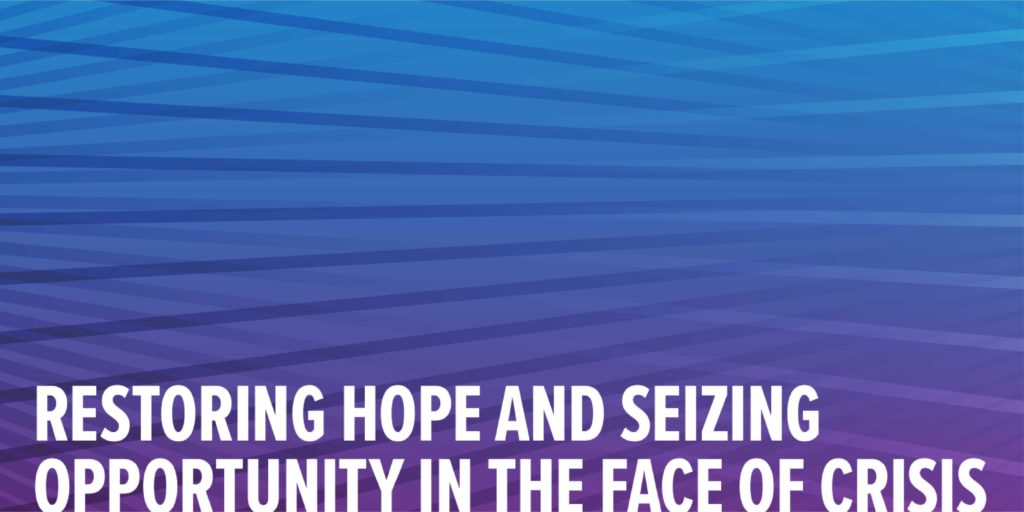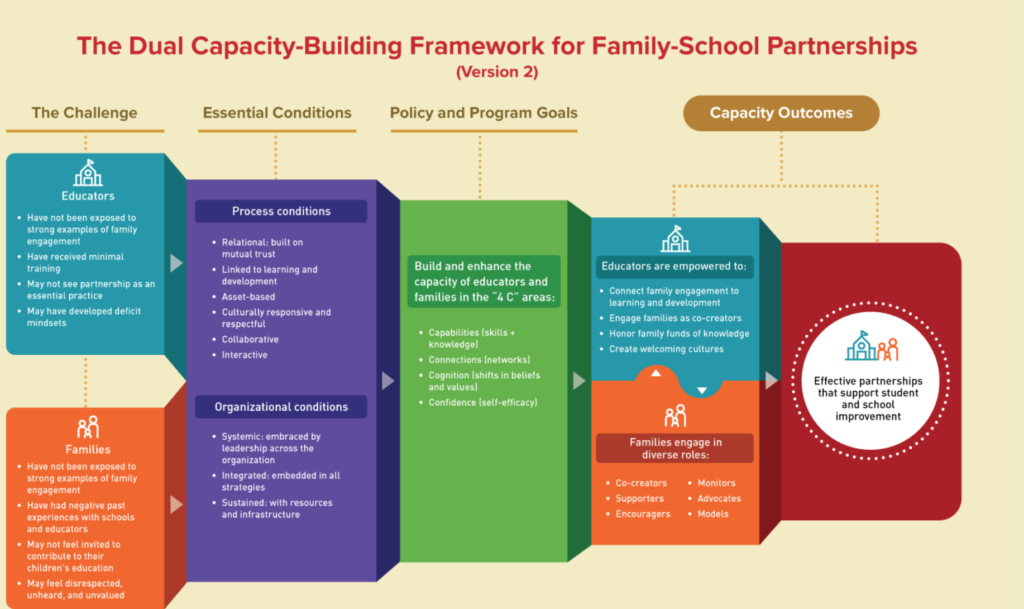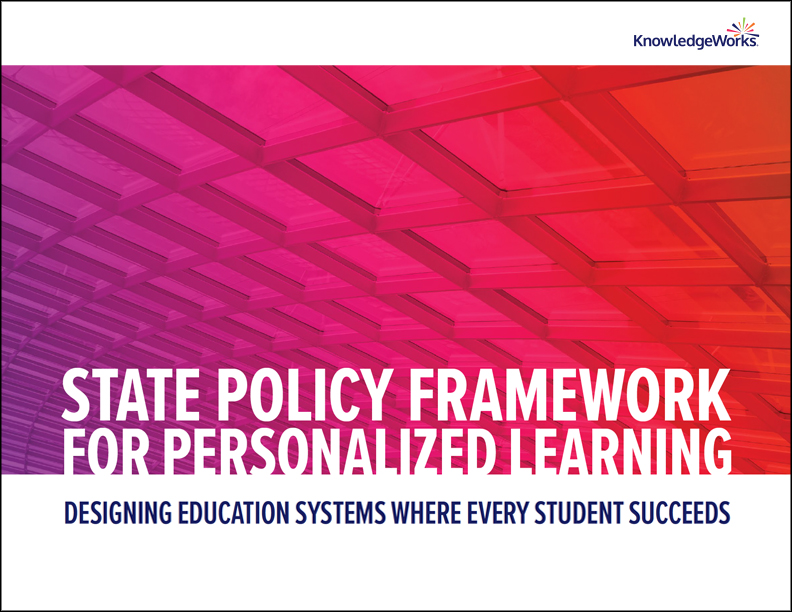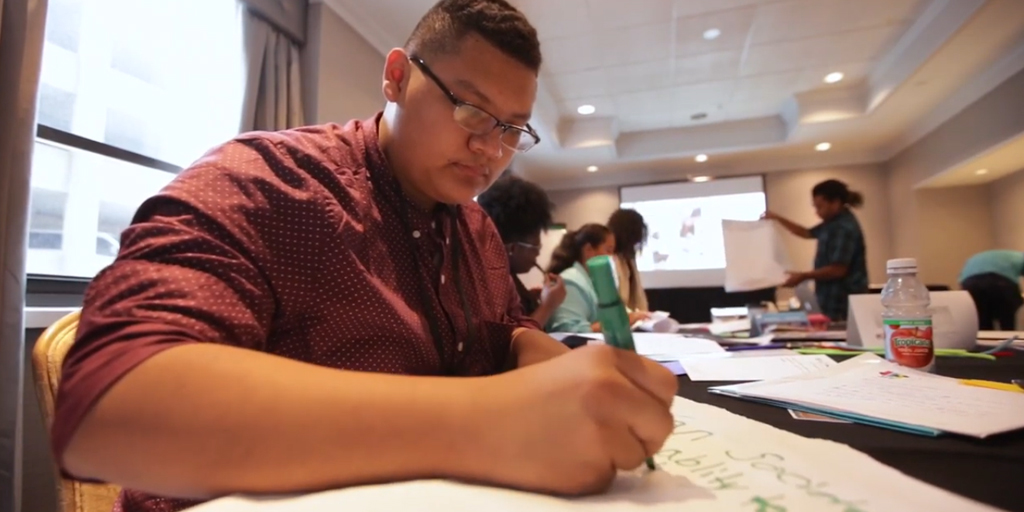Promising Practices and Recommendations for Designing Dual Enrollment for Students from Special Populations

In Dual Enrollment for Students from Special Populations: Improving College Transitions for English Learners, Students with Disabilities, Foster Youth and Young People Experiencing Homelessness, JFF explores promising practices and recommendations for designing dual enrollment with the assets and needs of these students at the center. Interest in dual enrollment opportunities in California is at an all-time high, enough… Read More ›
Report on Promising Practices to Accelerate Learning for Students with Disabilities

What are proven, effective models and considerations for student populations who have been historically marginalized, especially students with disabilities? A new report from the National Center for Learning Disabilities looks at just that, with emphasis on how the COVID-19 pandemic has affected opportunity gaps for those students. The student-centered approaches they found to work include:… Read More ›
State Guidance for Building Resilient and Equitable Education Systems

This guidebook was created in response to COVID-19’s disruption to help guide education policymakers and stakeholders in taking action to create resilient and equitable education systems. This guidance provides education stakeholders with important considerations for this calendar year and beyond on how to advance personalized, competency-based systems that empower students to master rigorous learning pathways… Read More ›
Dual Capacity-Building Framework for Family-School Partnerships

This tool is an update of the groundbreaking framework for family-school partnerships, designed in 2014 by researcher and family engagement expert Karen Mapp, in partnership with the U.S. Department of Education and the Southwest Educational Development Lab. The revisions were made after several years of research which point to the pivotal role of trust in… Read More ›
State Policy Framework for Personalized Learning

This framework will help states and stakeholders define and navigate their pathway from the exploratory phase of system design, where a limited number of districts engage in personalized learning practices, to statewide transformation. The State Policy Framework for Personalized Learning includes: Four strategies for systems design Four core commitments states should be mindful of for quality… Read More ›
Deeper Learning and Diffusion of Innovation and Scaled Impact of New Hampshire’s Work-Study Practices

Through its Performance Assessment of Competency Education (PACE) initiative, New Hampshire offers innovative, successful approaches in competency-based and deeper learning practices, and is a model for other states to follow. JFF is partnering with the New Hampshire Learning Initiative, the New Hampshire Department of Education, and the Center for Innovation in Education to understand how… Read More ›
Critical Civic Inquiry: Student-Centered Learning

The study has concluded. Read about their data collection, findings and implications for educators and counselors in the field. Learn More Led by Rowan University and University of Colorado, this study investigated two areas of student-centered learning: “How students can be supported to take “ownership” of their learning” and “How learning can occur anytime, anywhere.”… Read More ›
Culturally Responsive Mastery-Based Education Research Project

The Metropolitan Center for Research on Equity and the Transformation of Schools at New York University (NYU Metro) and the Mastery Collaborative are conducting the Culturally Responsive Mastery-Based Education Research Project (CR-MBE) to understand how culturally responsive mastery-based practices influence historically marginalized students’ learning capacities, school engagement and academic outcomes. Learning capacities refer to mindsets,… Read More ›
Leveraging the Power of Improvement Networks to Spread Lesson Study

The High Tech High Graduate School of Education, in partnership with three Southern California school districts, will leverage lesson study within a networked improvement community (NIC) to explore how student-centered instruction and assessment strategies impact student mathematical understanding and achievement, particularly for Latinx and African American students. NICs, with their emphasis on scale and spread,… Read More ›
Student-Centered Learning Self-Reflection Tool

The Student-Centered Learning Self-Reflection Tool was created by Mary Bellavance, Instructional Coach at Biddeford Middle School and Students at the Center Distinguished Fellow alum, during the 2017-18 academic year to support teachers, coaches, and school leaders as they implement student-centered learning (SCL) practices in their learning environments. This tool is organized around the four research-based… Read More ›
Understanding implementation of proficiency-based education in Maine

Education Development Center (EDC) conducted this study as part of the Student-Centered Learning Research Collaborative’s initial cycle of research. The team at EDC worked alongside fellow scholars, educators and policymakers to investigate the impact of specific student-centered practices and then translate their findings for cross-sector audiences. EDC’s final report, Understanding Implementation of Proficiency-Based Education in… Read More ›
Abolishing the phrase “I’m not a math person”

https://www.youtube.com/watch?v=RoYRk08t4DA&feature=emb_logoHigh Tech High Graduate School of Education (HTH) conducted this study as part of the Student-Centered Learning Research Collaborative’s initial cycle of research. The team at HTH worked alongside fellow scholars, educators, and policymakers to investigate the impact of specific student-centered practices and then translate their findings for cross-sector audiences. HTH’s final report, Abolishing the… Read More ›